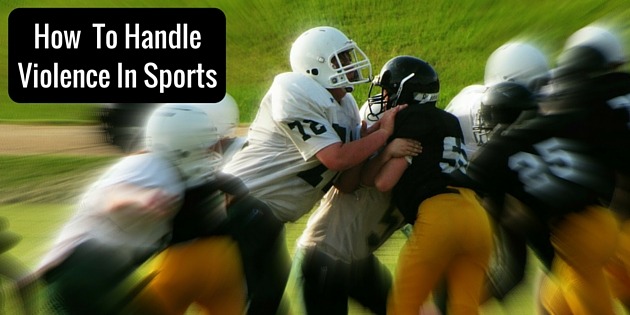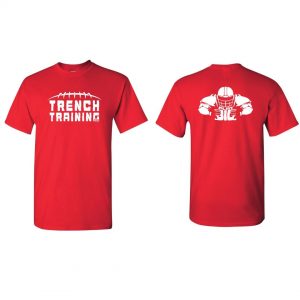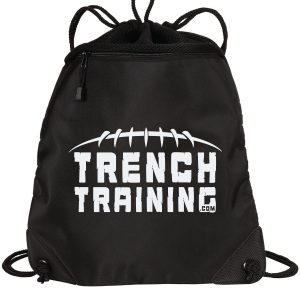
Violence in Sports and Handling Emotions
We are seeing violence in sports all the time.
The nature of competition causes us to generate very strong emotions around our games.
Dealing with these emotions can be difficult for adults and especially for kids.
So many of us watched the Badger game this past weekend. During the game there was an instance of a player pushing another players head into the basketball court out of frustration (I am giving him benefit of the doubt).
Awful. pic.twitter.com/odpIsCylft
— Big Ten Geeks (@bigtengeeks) February 14, 2016
Why do players at times lose control of their emotions and go to violence that is unnecessary? We have heard of players punching their wives, hitting girlfriends, shooting others etc. etc.
Violence is a part of life and there is no way to stop and end all violence, however, we can learn to control the use of violence if we are willing to. Any time we get angry we have adrenaline that can cause us to do more than we normally do when we are at rest or are calm.
One of the methods that is used to help athletes control their emotions is to teach them to “flip a switch”. This is used so that players are able to get their emotions and mentality jacked up before and during a game and then once the game or practice is over they then “flip the switch” back to realizing that they have been practicing, learning, using violence since they were young to become successful.
Athletes need to understand that drinking alcohol or taking other forms of mood altering drugs can blur the switch and cause them to use this violence in an inappropriate manner. There are 5 techniques that can be used to help athletes flip the switch to off after an emotional game.
5 Techniques to Deal with Violence in Sports
1. Work with a Mentor, Coach, Psychologist who is trained in working with emotions.
This person will be able to use real life scenarios and help you actually practice flipping the switch so that you can keep yourself from entering into situations that you can never take back once it happens.
2. Keep yourself in balance mentally and physically.
The more in balance we are the less likely emotions will take over our minds and body.
3. Refrain from using alcohol or drugs.
This is really important during your sports career as many people are going to purposely try to set you off. If you are under the influence this makes it much more difficult to walk away or stay out of this type of confrontations.
4. Learn how to communicate so that anger is not the main ingredient in your relationships.
We need to find and keep trusting, self building relationships that help us to become better people not ones that take us out of our best.
5. Be willing to discuss these techniques with the people around you.
Let those who support you know when you are struggling with these emotions. Find a friend that you can really trust. Or look for a mentor that will have your best interest at heart. This can be difficult especially if you are a top athlete as many people are trying to use you or want to know you just because of your status. It is important to really find some good people that are interested in you as a person not as an athlete or star.
Why is this so important? Life is very similar in many ways to sports.
The more we can use sports to learn about life the better people we will become.
If we can learn to handle and use our emotions in a positive way we will become better bosses, employees, husbands, wives, fathers and mothers.
This is what trench training is all about. Building young athletes into better adults.
Work Hard, Play Big!
Coach Glenn





